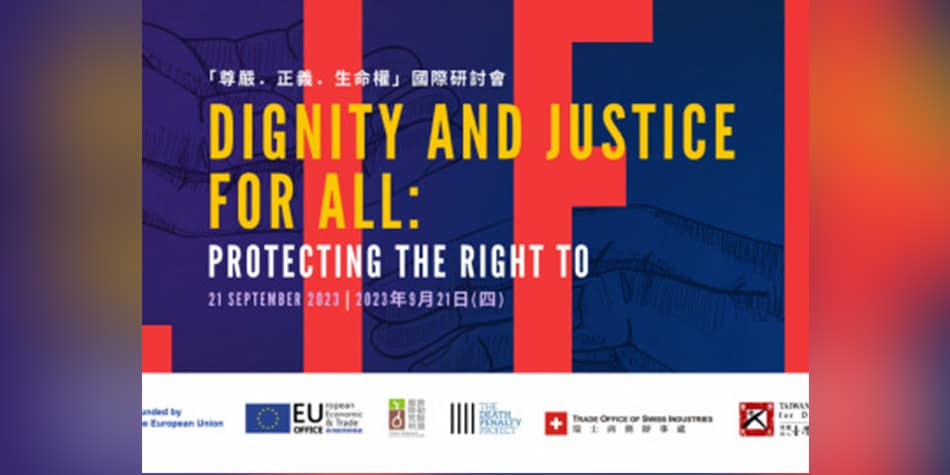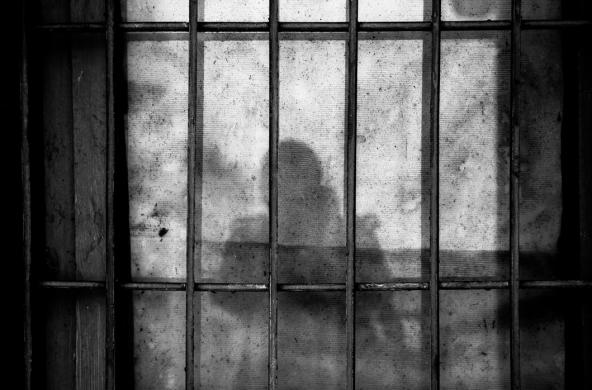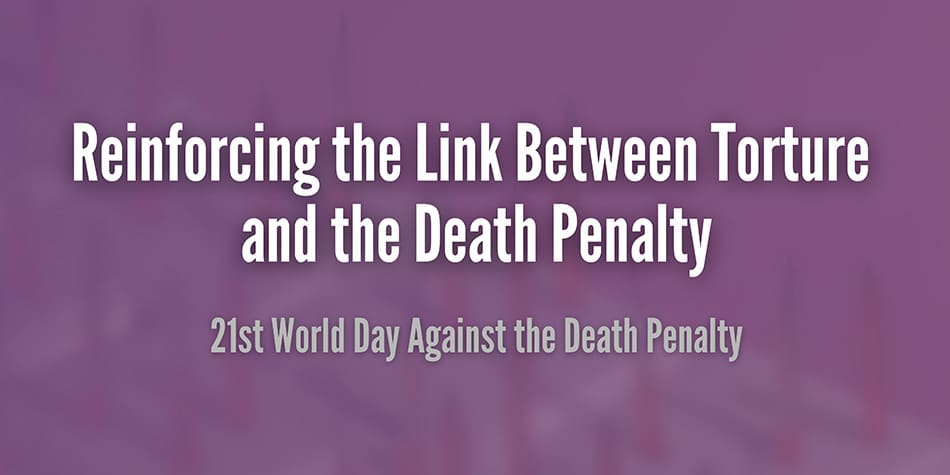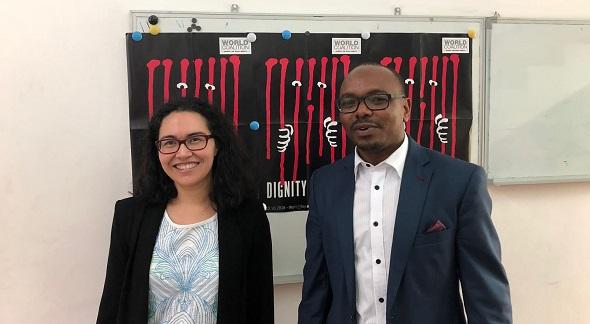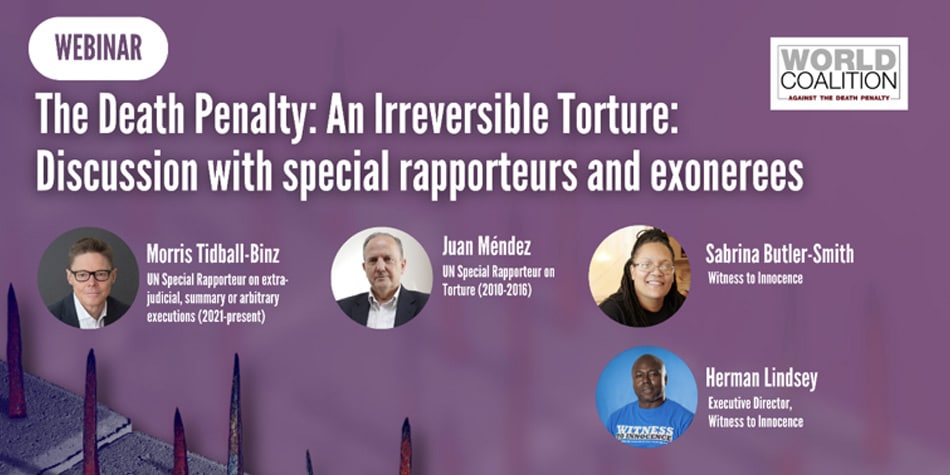
Highlights: Discussion on torture and the death penalty with UN experts and exonerees
World Day
For the 21st World Day Against the Death Penalty dedicated to the reflection on the relationship between the use of the death penalty and torture or other cruel, inhuman, and degrading treatment or punishment started in 2022, the World Coalition hosted an online discussion with United Nations experts Morris Tidball Binz (UN Special Rapporteur on extra-judicial, summary or arbitrary executions) and Juan Méndez (former UN Special Rapporteur on Torture), and exonerees Herman Lindsey and Sabrina Butler-Smith from Witness to Innocence.
By sharing international legal developments, emerging medical evidence and powerful personal testimonies, our speakers asserted that the death penalty, from sentencing until execution or even after exoneration, amounts to torture or other cruel, inhumane and degrading treatment or punishment (CIDTP).
There is no way to apply the death penalty without violating international law
Juan Méndez started by highlighting how the death penalty violates the absolute prohibition of torture in various ways.
First, there is no such thing as a painless execution. While certain modes of execution such as beheading and crucifixion have been abandoned due to their cruelty, other methods still practiced today like shooting, hanging or lethal injection still inflict pain.
Second, people on death row are usually held in solitary confinement. If it is prolonged or indefinite, or at least 15 days, it is already considered torture or other CIDTP, in violation of the Nelson Mandela Rules. Even if death row inmates are not on solitary, the fact that they have to wait for years until execution subjects them to psychological torture.
Under international law, there is also a due process requirement to exhaust all appeals before the execution. Given this restriction and the prohibition of prolonged isolation, there is no way in today’s world to apply the death penalty in a legal way, or a way that does not violate international law.
Medical and forensic evidence considers the death penalty as torture
As a doctor with decades of experience in documenting torture, Morris Tidball-Binz emphasized how, from a medical perspective, the death penalty amounts to torture.
Groundbreaking research in the United States by Drs. Joel Zivot and Mark Edgar demonstrates that even lethal injection, which appears to be quick and painless, subjects the person to an excruciatingly slow death and can amount to torture.
It is against the principles of medical ethics clearly for physicians to be involved with detainees in a way that does not improve their health. In this spirit, on October 7, 2023, the World Medical Association, reaffirmed the prohibition of physicians from participating in capital punishment, building on the Helsinki Resolution of 2003 and other declarations since then.
Torture even extends beyond the physical and the inmate. Through his documentation work, Morris discovered that the most pervasive torture suffered is the psychological impact of the death threats against persons sentenced to death and their families, from the extraction of forced confessions to the scheduling of execution.
Torture from forced confessions to detention conditions
From the perspective of death row inmates, all aspects of the death penalty amount to torture.
Sabrina Butler-Smith was just 17 when she was accused of a crime she did not do, interrogated without a parent or lawyer present, charged with a crime based on a law that had only been passed 23 days after, and forced to sign an incriminating document she did not understand.
On death row, each day was torture. Sabrina entered prison shackled around her waist, wrists and ankles and humiliated for something she knows she did not do. She had no direct human contact, lived in a 6×9 cell occasionally infested by rats and had to figure out how to “stay warm when it was cold and cold when it was warm.”
Life after exoneration
For them, torture extends even after life on death row. While it has been too late for some persons wrongfully convicted and executed, a few like Sabrina and Herman Lindsey have had their convictions overturned.
As Herman put it, “the system was not designed for exonerees.” Exoneration does not affirm their innocence, at least in the eyes of society. Struggling to find their place in society, they are excluded from employment, housing and social life.
“Just because you’re exonerated doesn’t mean life will start again,” Sabrina asserted. They have to relearn how to live life, trust others and love again while dealing with extreme trauma.
Without a doubt, the death penalty is irreversible torture and has no place in society.
You can watch the full discussion here:




